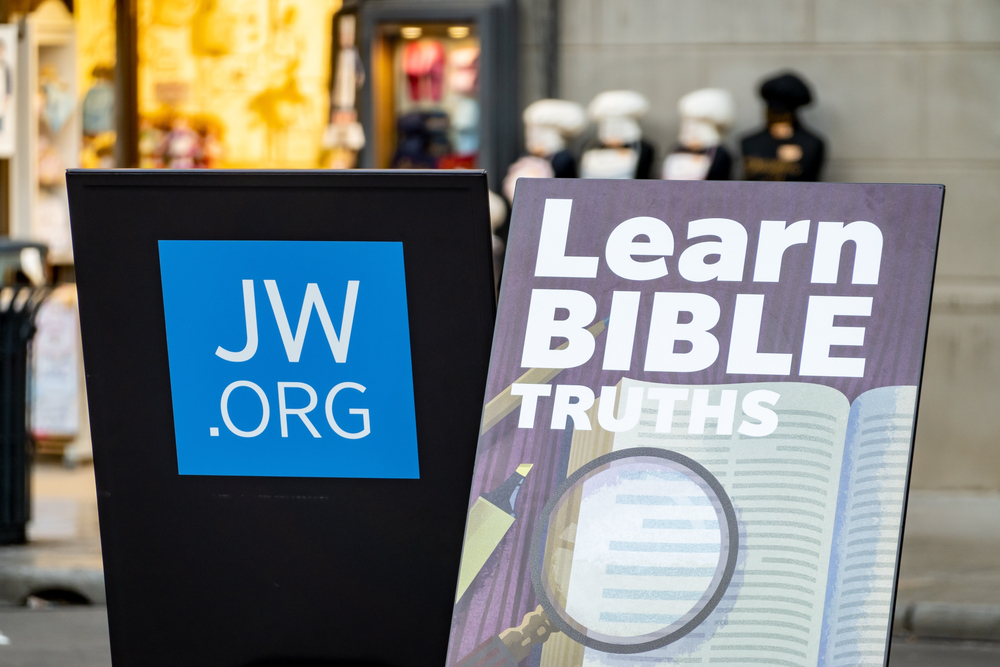
With over 2.5 billion adherents, Christianity is the world’s most popular religion. This monotheistic Abrahamic religion is followed by the majority of people in over 150 countries or territories. Although Christianity can generally be divided into three main branches—Catholicism, Protestantism, and Orthodoxy—the belief system comes in many shapes and flavors, influenced by culture, history, and variations in understanding of God and doctrine. Depending on who you talk to, there are different ideas about who is and isn’t Christian. You don’t need to be a historian to be aware of the Reformation that created the Protestant movement out of Catholicism. Some denominations such as Mormonism and Jehovah’s Witnesses are sometimes criticized as cults by other Christian denominations. These particular groups, as well as others, are viewed as restorationist faiths.
Understanding Restorationist Faiths
Also known as Christian primitivism, restorationism espouses the idea that Christianity needs to be restored or returned to what is known about the early church, starting from the days that Jesus Christ lived to the death of the last of his 12 original disciples. On a basic level, restorationism considers the present-day church to have defects that can be corrected or removed by a return to the primitive church and its most essential elements. Here is a closer look at some of the more well-known religious movements of this type.
Examining Jehovah’s Witnesses
Jehovah’s Witnesses emerged out of the Bible Student Movement of the late 1870s founded by Charles Taze Russell. Following his death, a number of groups splintered off. Joseph Franklin Rutherford was elected as the president of the movement and renamed it Jehovah’s Witnesses. Adherents of this faith do not believe in the Trinity as many other Christians do. They believe in one God named Jehovah and view Jesus Christ and the Holy Spirit as distinct entities. Jehovah’s Witnesses think that the destruction of the world can happen at any time and that the end times officially began in 1914. For this group of believers, establishing God’s kingdom is the solution for all of the world’s problems.
Exploring Mormonism
Members of the Church of Jesus Christ of Latter-day Saints are known as Mormons, making up the fourth-largest Christian denomination in the United States. Similar to Jehovah’s Witnesses, this movement is also restorationist and nontrinitarian. It was founded by Joseph Smith Jr. in the early nineteenth century. Mormons believe that Smith was a prophet of God charged to restore the primitive church of Jesus Christ. They also believe that the church established by Christ was withdrawn at the end of the Apostolic age and before the Council of Nicea in 325 AD. Whereas most Christians view the Bible as the sole holy text, Mormons also consider the Book of Mormon to be divinely inspired. Members of the Church of Jesus Christ of Latter-day Saints believe that Christ was born of a natural birth between God and Mary. Christ and the Holy Spirit are distinct entities from God.
Looking at Adventism
Adventism is based on the belief that the Kingdom of God will be established by the second coming of Christ, which could happen at any time. The largest denomination of Adventists is the Seventh-day Adventists, named for the observance of Saturday as the Sabbath. Adventist adherents share many of the same tenets as mainline Protestant denominations, but they consider death to be a state of unconsciousness. Adventists also have differing views on the afterlife, especially as it relates to those who are non-believers.
The debate will continue in and out of Christian communities about what distinguishes the various denominations from others. While some groups may stand out for their nontrinitarian views, especially on Jesus Christ, the restorationist faiths are significant for how they’ve shaped Christianity. These groups think of themselves as corrections of perceived deficiencies in the church since Jesus walked the earth.

